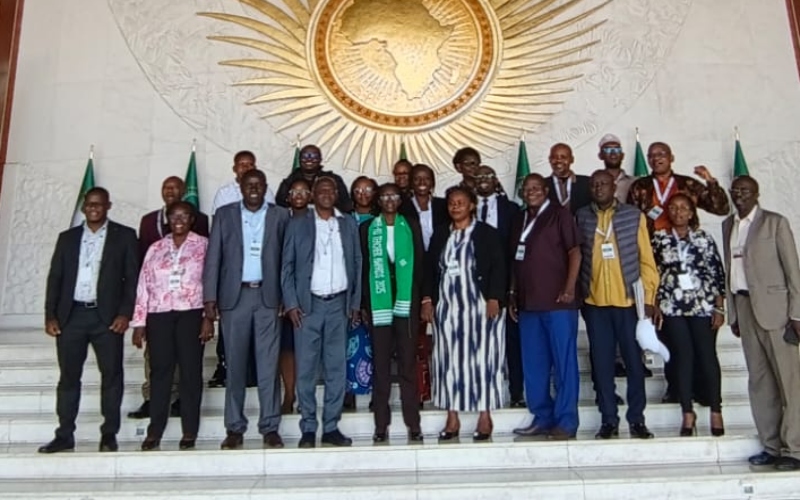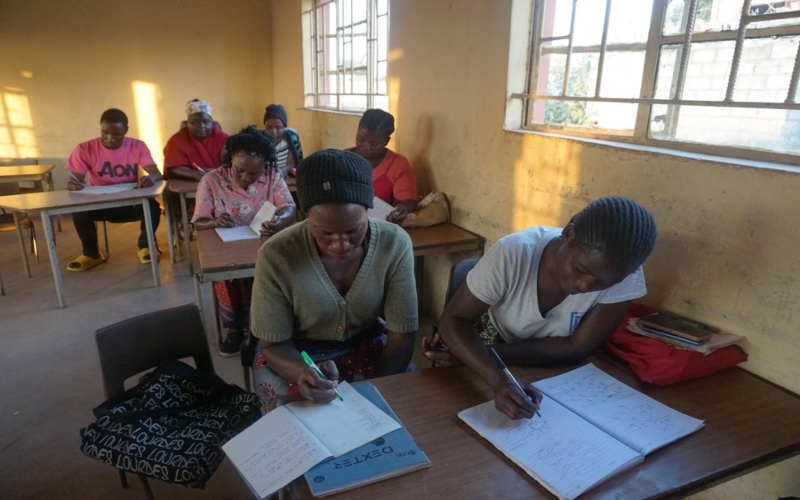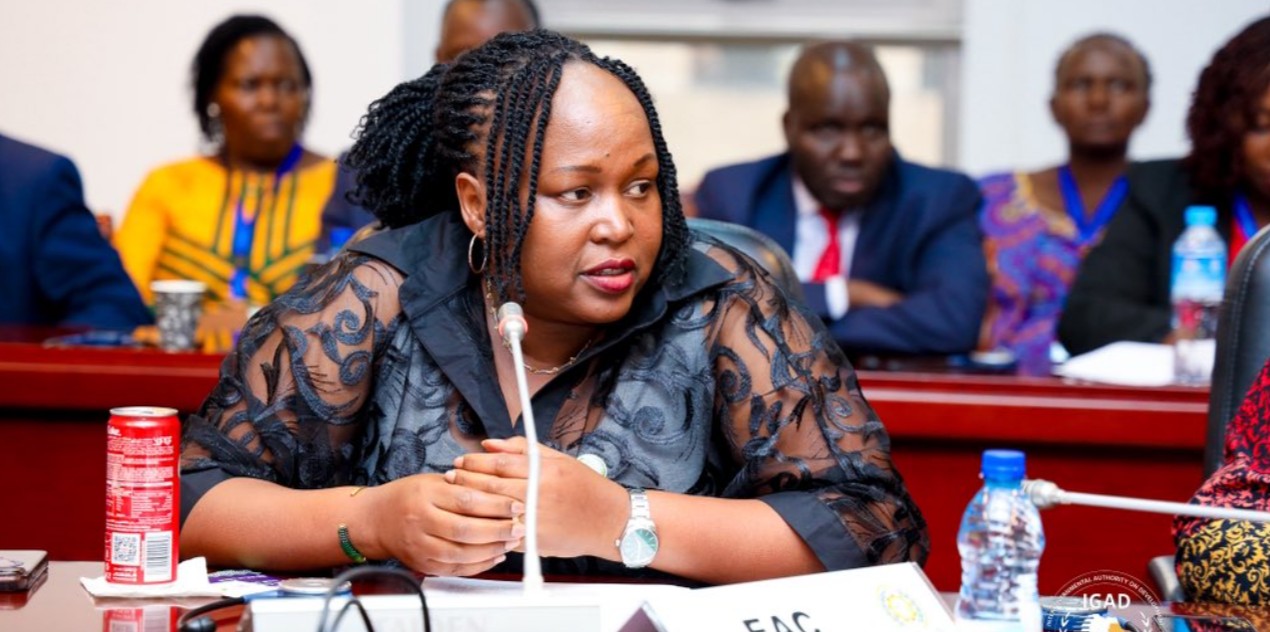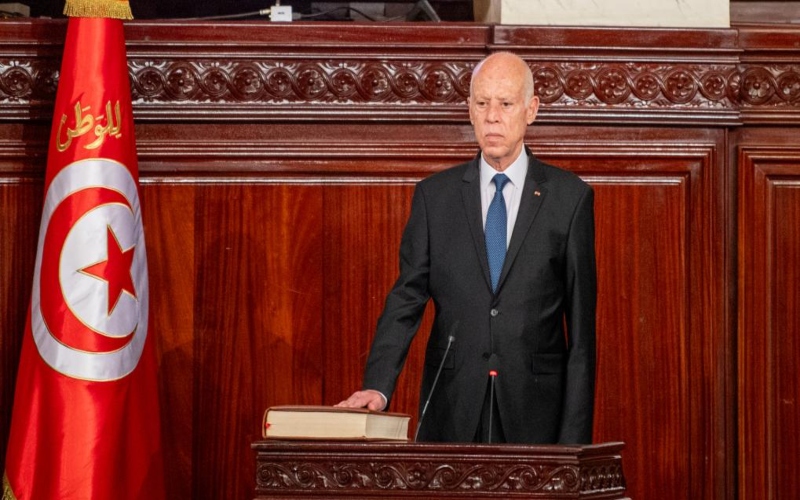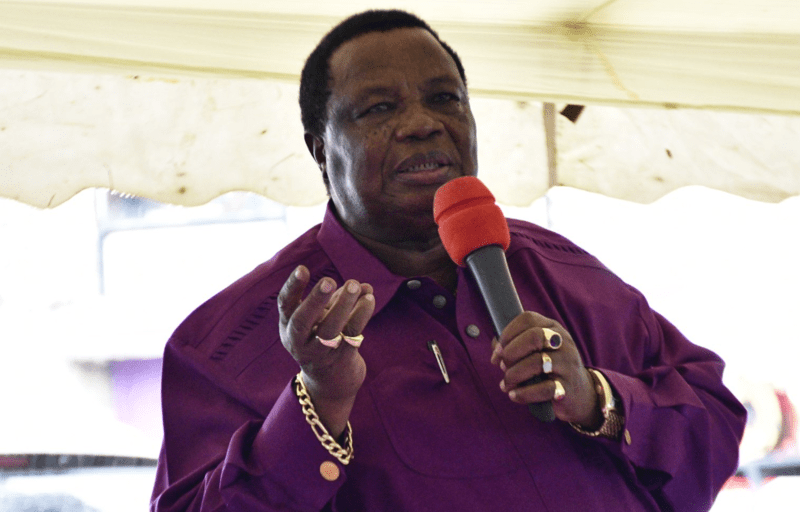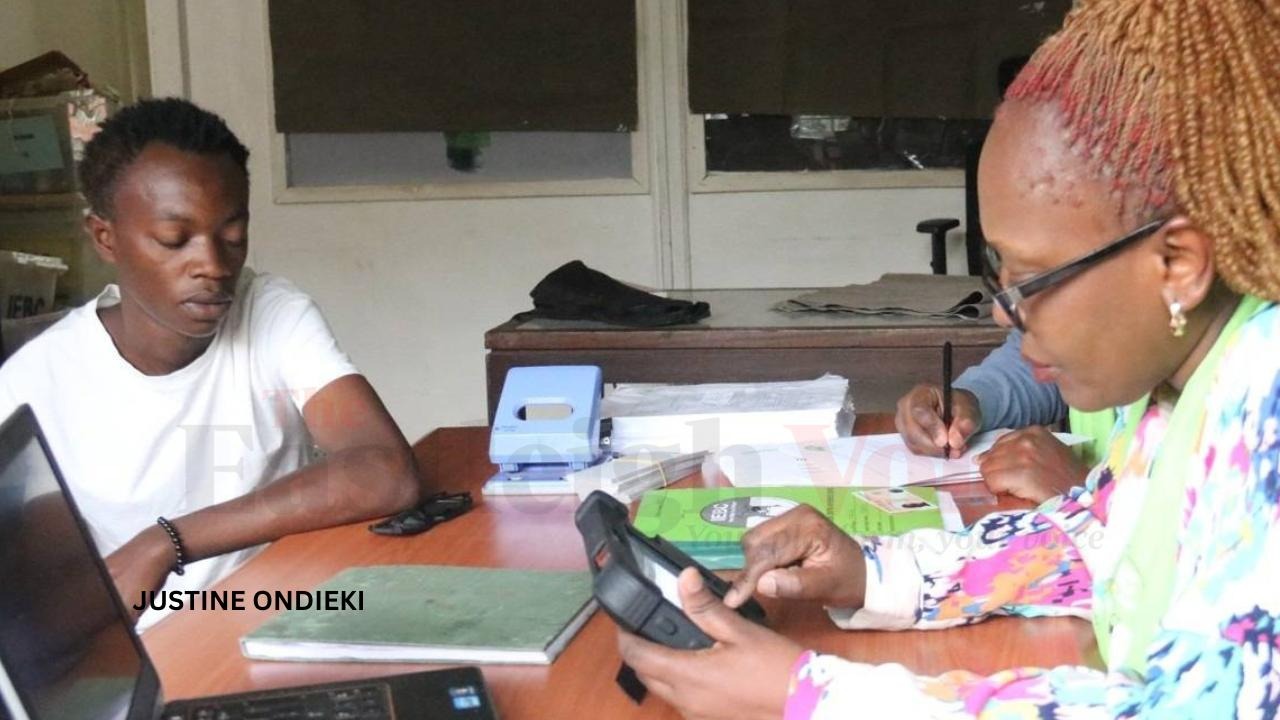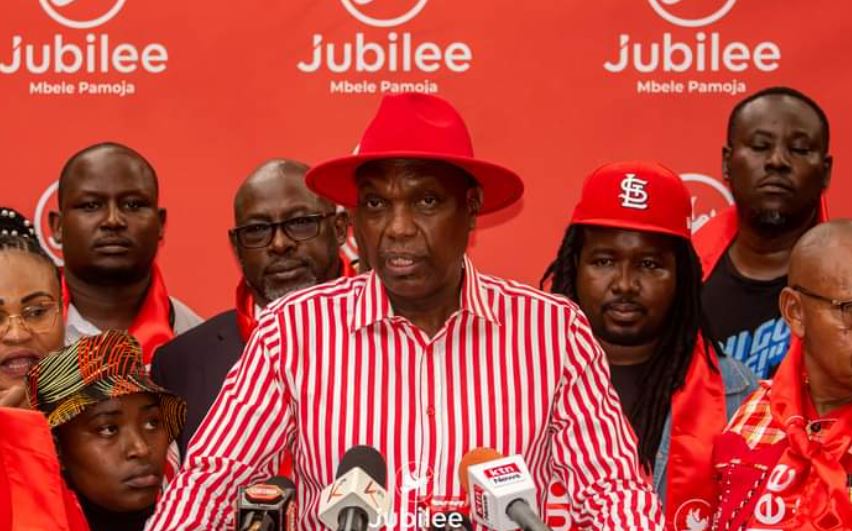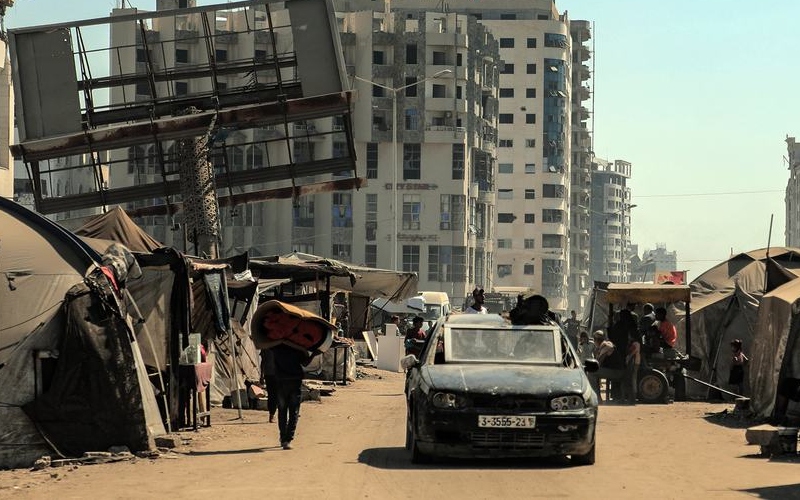Murkomen under fire for linking Gen Z activism to mental health, drug abuse
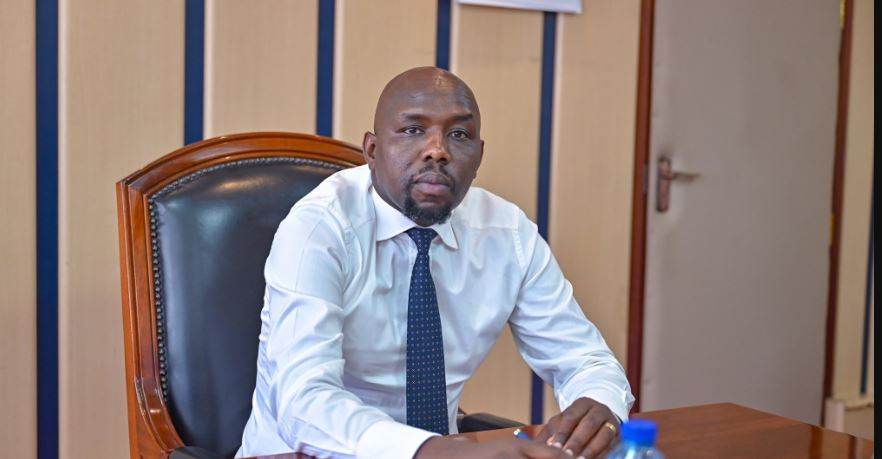
Inuka Kenya Ni Sisi!, a civil society organisation advocating for mental health awareness, has now condemned Murkomen’s remarks, demanding an apology.
Interior Cabinet Secretary Kipchumba Murkomen has been urged to apologise after linking Gen Z’s online activism to mental health challenges brought on by drug and alcohol abuse.
Civil society group, Inuka Kenya Ni Sisi, has condemned his remarks, terming them stigmatising and misleading.
More To Read
- Morocco's Gen Z protests: What you need to know
- Government to roll out mass mobile ID registration drive in 11 days
- Watch: Interior CS Kipchumba Murkomen holds Jukwaa la Usalama forum in Nairobi
- Morocco: Gen Z protests turn violent, two killed
- Morocco: Police detain dozens in Gen Z protests
- Mental health takes centre stage at the General Assembly
Speaking at the African Inland Church (AIC) in Makutano, Meru, on Sunday, Murkomen cautioned young people against misusing social media, warning that online discourse could destabilise the country. His remarks came amid a heated debate over last week's comments by Chief of Defence Forces (CDF) General Charles Kahariri on the "Ruto Must Go" campaign.
Murkomen defended Kahariri and National Intelligence Service (NIS) Director General Noordin Haji, who had condemned the anti-government campaign. He urged young people to heed their warnings and focus on maintaining national stability.
“Those two gentlemen are speaking from information and are warning you about the future of your country. You are making social media arguments here and there,” Murkomen said.
He cautioned that disorderly political engagement could lead Kenya down the same path as some of its troubled neighbours.
“The future of a country needs order; otherwise, we will be in the same situation with our neighbours, sitting in refugee camps,” he warned.
Murkomen also reiterated that leaders should only be removed through constitutional means.
“During elections, there is how to remove someone from office. There is also impeachment and jails if someone breaks the law,” he said.
However, what sparked backlash was his assertion that many young people posting "hateful messages" on social media were battling mental health issues due to drug and alcohol abuse.
“Most of these young people posting hateful messages on social media are battling mental health challenges brought on by drug abuse and alcohol abuse,” Murkomen said, urging parents to take responsibility for instilling discipline in their children.
“Let us go to our homes and talk to our children. If you have come to church here, your Christianity on Sunday is meaningless if you do not have Bible study with your children at home, pray with them at home, and talk to your children.”
His remarks triggered widespread criticism from young Kenyans, mental health advocates, and political leaders. Many took to social media to express frustration, arguing that the government was deflecting blame instead of addressing root causes such as unemployment, corruption, and economic mismanagement.
Inuka Kenya Ni Sisi, a civil society organisation advocating for mental health awareness, has now condemned Murkomen’s remarks, demanding an apology.
“We are deeply concerned by the recent remarks made by the Cabinet Secretary in charge of Interior and National Administration, Kipchumba Murkomen. His statement claiming that many young people posting ‘hateful messages’ on social media are battling mental health issues caused by drug and alcohol addiction is not only misleading but also exacerbates stigma against those seeking mental health support,” the organisation’s Chief Executive Officer Kawive Wambua said.
The organisation noted that mental health conditions constitute 13 per cent of Kenya’s disease burden, with 25 per cent of outpatients and 40 per cent of inpatients suffering from mental illness, according to the Kenya Mental Health Policy (2015-2030).
It also pointed out that the government’s budget allocation for mental health remains at a mere 0.04 per cent of the total health budget, which is grossly inadequate.
Inuka Kenya Ni Sisi has now urged Murkomen to issue an unreserved apology to young people battling mental illness and called on the government to take immediate action in addressing mental health challenges.
The organisation emphasised the need for increased funding, urging the state to raise its budget allocation for mental health services to at least five per cent in line with World Health Organisation recommendations.
It also called for the full implementation of existing mental health policies and the establishment of a national programme aimed at improving mental health infrastructure to ensure better access to treatment and rehabilitation services.
Additionally, it stressed the importance of intensifying awareness campaigns to combat stigma, particularly among government officials and the general public.
Top Stories Today

